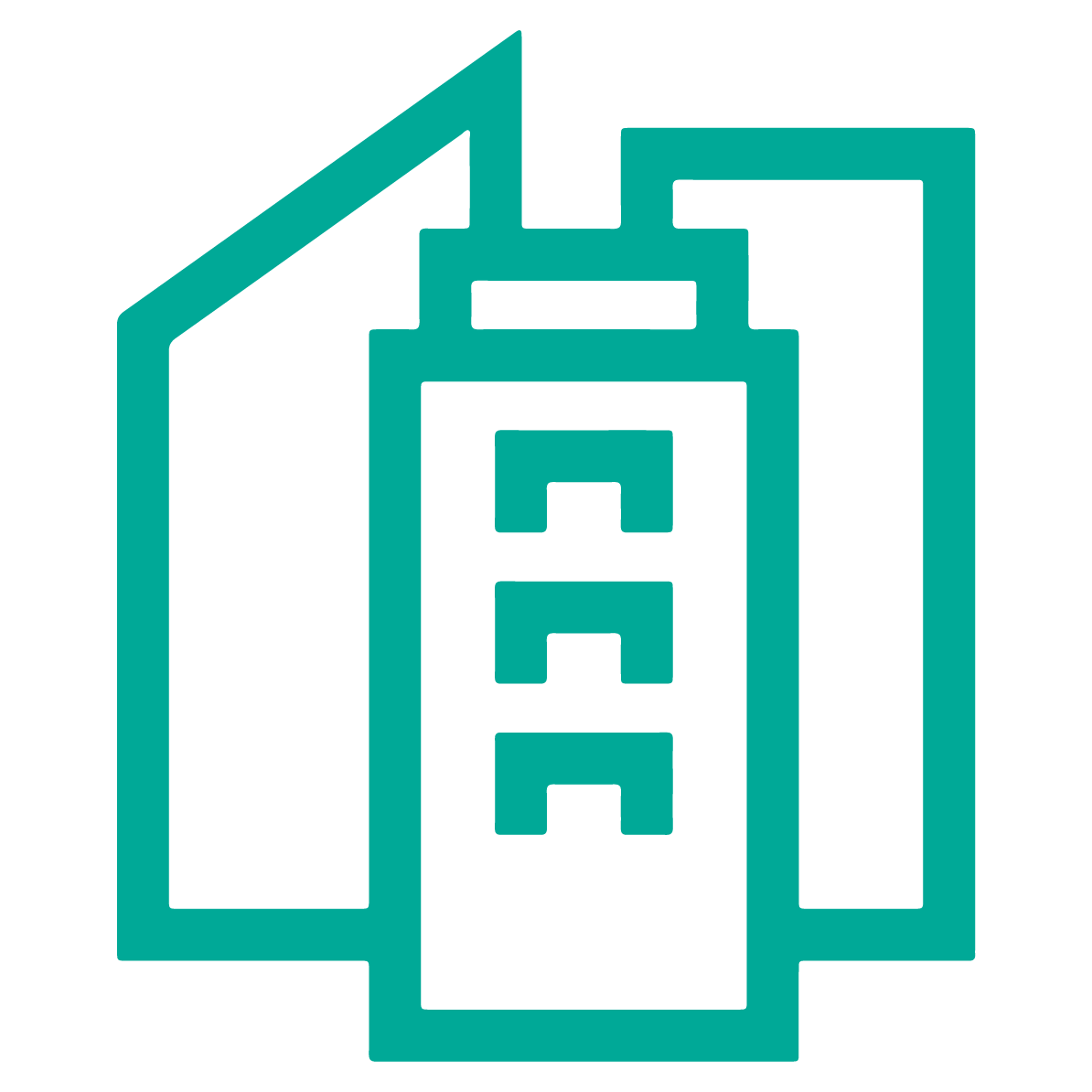Introduction to Urban Economic Resilience Diagnostics and Action Planning in the context of COVID-19
Summary
Cities and urban areas have been at the epicentre of the COVID-19 pandemic which has drastically impacted the urban economy, including public services, employment and infrastructure, affecting all, but foremost the most vulnerable groups of the population. To support cities in their recovery from the COVID-19 pandemic and building resilience, in 2020-2022, the United Nations Regional Economic Commissions, UN-Habitat and the United Nations Capital Development Fund (UNDCF) have implemented the Building Urban Economic Resilience during and after COVID-19 project, which was supported by United Nations Development Account residual funds. This e-learning course integrates knowledge derived from this two-year rapid response global project and presents this to a wider audience. Drawing from the real experiences of the 16 cities from across the globe, this free course is designed to serve as introductory training for local government officials and urban practitioners to enhance their knowledge in building urban economic resilience. This course aims to help participants build knowledge and skills related to urban economic resilience performance and diagnostic, as well as recommended recovery and rebuilding actions and/or plans in collaboration with national and local stakeholders to enhance urban economic resilience in cities.
The course is divided into three modules and structured to facilitate a self-paced learning process.
Course participants will explore the general concepts of urban resilience and the conceptual framework for building economic resilience of cities. They will learn about the tool developed within the project — the Urban Economic Resilience Diagnostic and Planning Tool (DPT) — and its implementation in cities from different regions. With this, they will gain valuable knowledge to support their own cities in designing Economic Resilience Building Plans to be able to better withstand shocks, such as the COVID-19 pandemic, in the future.
After completing the course, participants will:
- Have a deeper understanding of the main concepts of urban (economic) resilience, its principles, characteristics and key urban economic resilience dimensions.
- Become familiar with the purpose and goals of the International Agenda and its linkages with urban economic resilience, as well as key concepts of green and circular economy.
- Learn about existing practices and initiatives for financial and economic recovery and resilience building in cities, particularly during and after the COVID-19 crisis.
- Learn the process of data collection, analysis and diagnosis of the urban economic performance in a city from a resilience perspective, using the Diagnostic and Planning Tool (DPT).
- Gain knowledge of the fundamentals for designing recommended actions and / or plans to improve city economic resilience in the medium term through the development of an Economic Resilience Building Plan (ERBP).
- Understand the different regional and global priorities and targets on urban economic recovery and resilience.
Source: UNECE and https://www.cityresiliencetraining.com/
Institution
Year
Language
Themes
Local Economic Development
Rehabilitation
Resilience & Risk Reduction
Sustainable Development Goals
Goal 11 - Make cities and human settlements inclusive, safe, resilient and sustainable
New Urban Agenda Commitments




